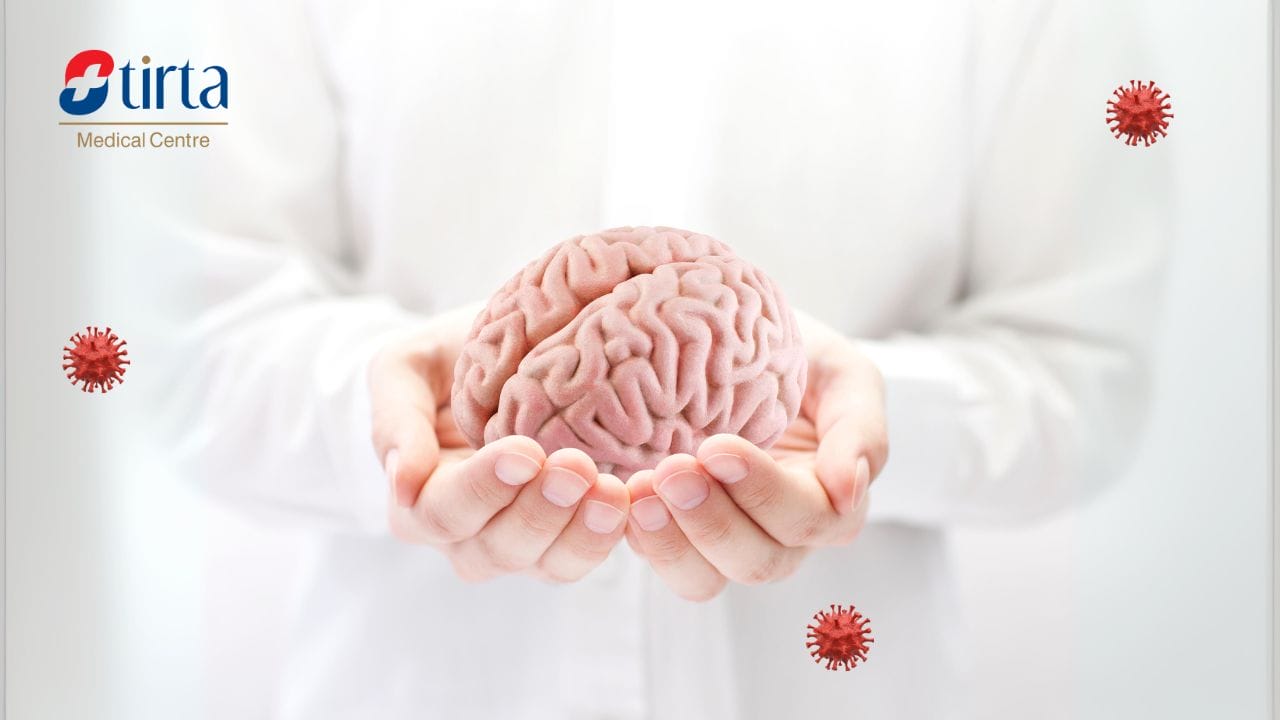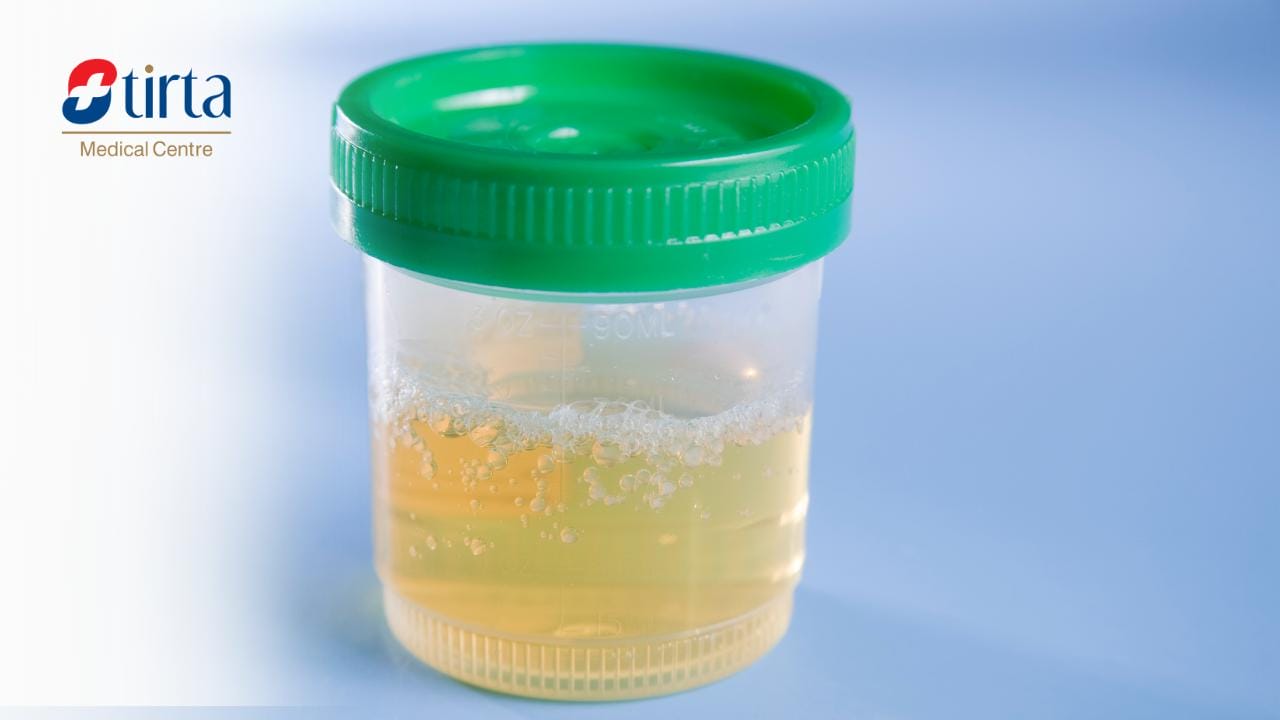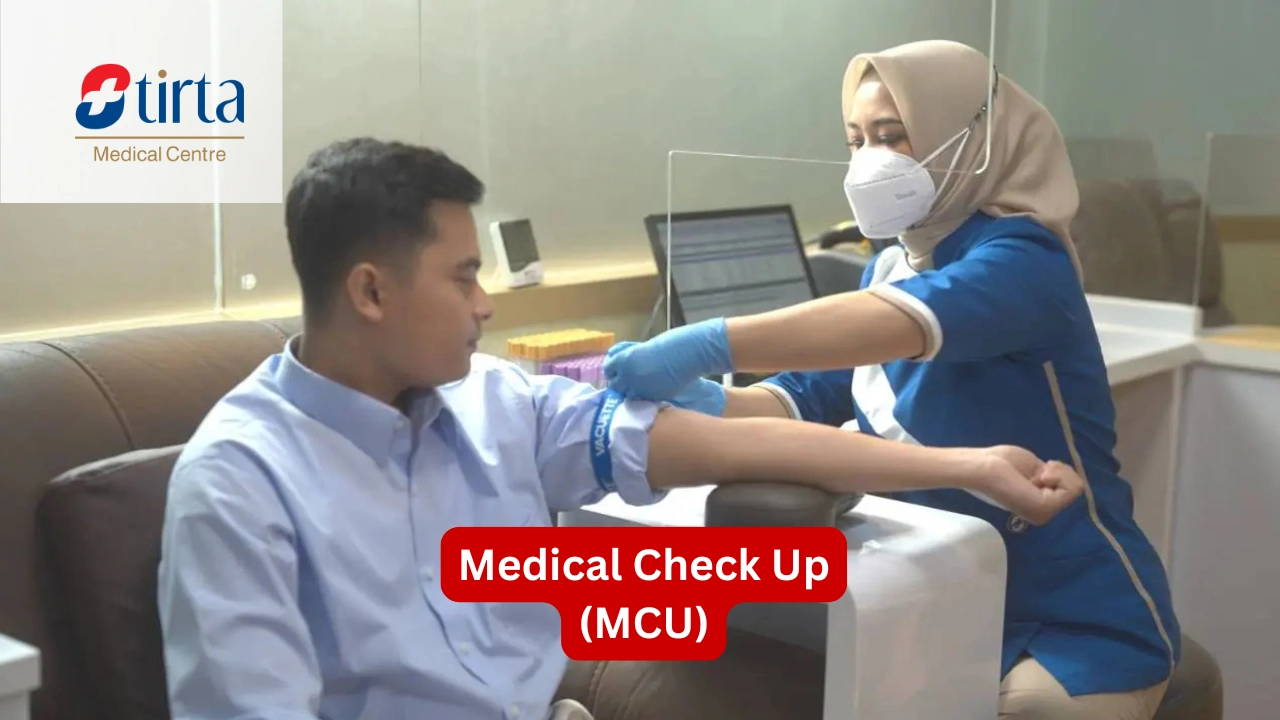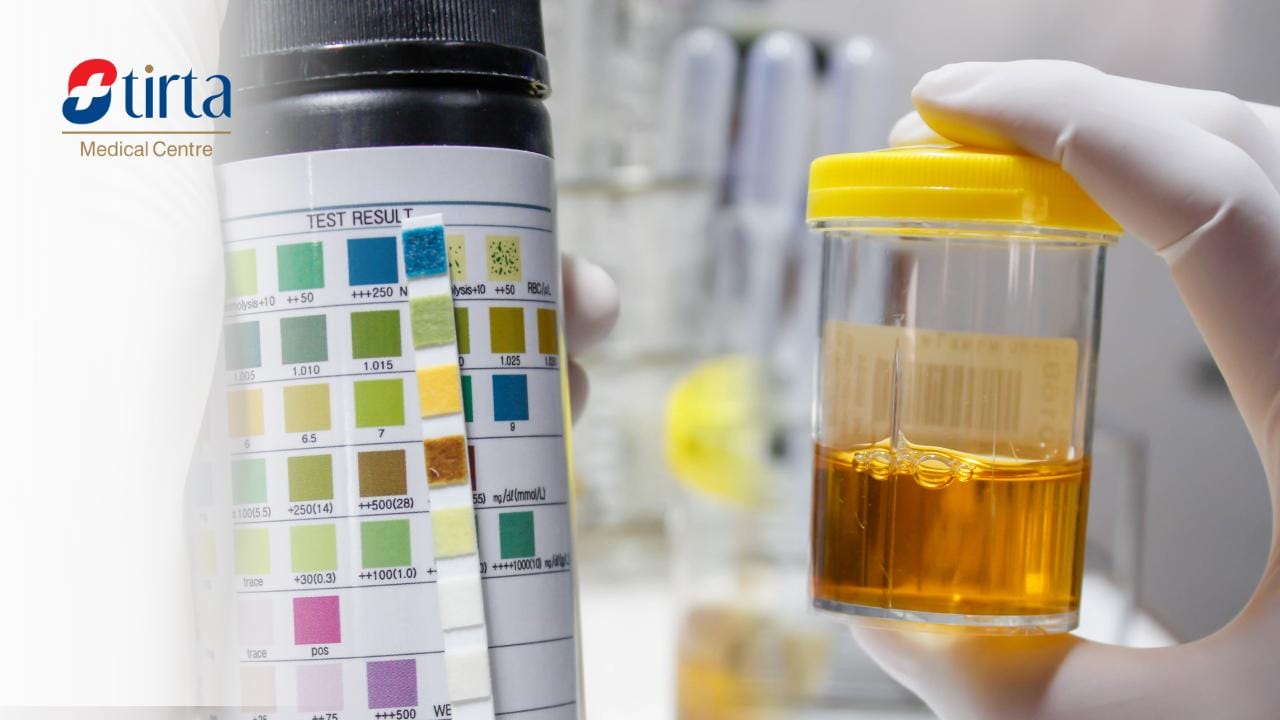Meningitis is an inflammation of the protective membranes of the brain and spinal cord known as meninges. There are several types of meningitis that can affect humans, each with different causes and symptoms.
Understanding the types of meningitis is crucial for accurate diagnosis and treatment. Additionally, you can take the necessary preventive measures to protect yourself and your loved ones.
Types of Meningitis
Meningitis can be caused by various infections such as bacteria, viruses, fungi, parasites, non-infectious conditions, as well as chronic conditions. According to Health.com, here are six types of meningitis that you should be aware of:
1. Bacterial Meningitis
Bacterial meningitis is the most serious type of meningitis and can be fatal if not treated quickly. Common causes of bacterial meningitis include:
- Neisseriameningitidis (meningococcus)
- Streptococcuspneumoniae (pneumococcus)
- Haemophilusinfluenzae type b (Hib)
Symptoms of bacterial meningitis can appear quickly and include high fever, severe headache, stiff neck, nausea, vomiting, and sensitivity to light. Treatment for bacterial meningitis involves intravenous antibiotics and, in some cases, corticosteroids to reduce inflammation.
2. Viral Meningitis
Viral meningitis, also known as aseptic meningitis, is a more common type of meningitis but is usually less serious than bacterial meningitis. The viruses that often cause viral meningitis include:
- Enterovirus
- Herpes simplex virus
- West Nile virus
Symptoms of viral meningitis are similar to those of bacterial meningitis but are typically milder. Treatment for viral meningitis mainly involves rest, hydration, and medication to relieve symptoms such as fever and headache.
3. Fungal Meningitis
Fungal meningitis is a rare type of meningitis that typically affects individuals with weakened immune systems, such as those with HIV/AIDS or those undergoing chemotherapy. The fungus that most often causes this type of meningitis is Cryptococcus.
Symptoms of fungal meningitis are similar to other types of meningitis and include headache, fever, and stiff neck. Treatment for fungal meningitis includes long-term antifungal medication, and the prognosis depends on how quickly the disease is diagnosed and treated.
4. Parasitic Meningitis
Parasitic meningitis is very rare and is usually caused by parasites found in contaminated soil or water. One well-known form of parasitic meningitis is primary amoebic meningoencephalitis caused by Naegleria fowleri, which is often found in warm freshwater.
Early symptoms of parasitic meningitis include headache, fever, nausea, and vomiting, rapidly progressing to more severe symptoms such as confusion, seizures, and coma. Treatment for parasitic meningitis depends on the type of parasite involved and often uses a combination of antiparasitic medications.
5. Non-Infectious Meningitis
Non-infectious meningitis is a type of meningitis that is not caused by infectious agents but by other conditions such as:
- Cancer
- Lupus
- Head injury
- Reactions to certain medications
Symptoms of non-infectious meningitis are similar to those of other types of meningitis and can include headache, fever, and stiff neck. Treatment for non-infectious meningitis depends on the underlying cause.
6. Chronic Meningitis
Chronic meningitis develops more slowly than acute forms and can last for four weeks or more. Causes may include infections such as tuberculosis, fungi, or spirochetes.
Symptoms of chronic meningitis often develop gradually and can include headache, fever, stiff neck, and confusion. Treatment for chronic meningitis depends on the underlying cause and may involve long-term antibiotics or antifungal medications.
How to Prevent Meningitis
Preventing meningitis is very important because this disease can lead to serious complications, including death. Here are some effective ways to prevent meningitis:
1. Meningitis Vaccination
Meningitis vaccination is the most effective way to prevent meningitis. Some recommended meningitis vaccines include:
- Meningococcal vaccine: Protects against the bacteria Neisseriameningitidis that causes meningococcal meningitis.
- Pneumococcal vaccine: Protects against the bacteria Streptococcus pneumoniae.
- Haemophilus influenzae type b (Hib) vaccine: Protects against the bacteria Haemophilus influenzae type b.
This vaccination is particularly important for infants, children, adolescents, and adults at high risk for meningitis.
2. Wash Hands Regularly
Hand hygiene is a simple yet effective step to prevent the spread of infection. Wash your hands with running water and soap for at least 20 seconds, especially after:
- Using the toilet
- Changing a baby’s diaper
- Before eating
- After coughing or sneezing
If soap and water are not available, use an alcohol-based hand sanitizer.
3. Avoid Sharing Personal Items
Meningitis can spread through contact with respiratory or throat secretions such as saliva. Therefore, avoid sharing personal items such as:
- Drinking glasses
- Eating utensils
- Toothbrushes
- Lip balm
This step helps reduce the risk of transmitting bacteria or viruses that cause meningitis.
4. Practice Proper Coughing and Sneezing Etiquette
Covering your mouth and nose with a tissue or the inside of your elbow when coughing or sneezing can prevent the spread of droplets that may contain bacteria or viruses that cause meningitis. Dispose of used tissues in the trash and wash your hands immediately afterward.
5. Maintain a Healthy Immune System
Keeping your immune system healthy can help you fight off infections. Some ways to maintain a healthy immune system include:
- Eating a balanced and nutritious diet
- Getting enough rest
- Exercising regularly
- Managing stress
This healthy lifestyle can enhance your body’s ability to fight infections.
6. Avoid Close Contact with Infected Individuals
If someone around you is infected with meningitis, avoid close contact and consult a healthcare provider for further advice. In some cases, preventive antibiotics may be recommended for those who have been exposed to the bacteria that cause meningitis.
By following the above preventive measures, you can reduce your risk of contracting meningitis and protect the health of yourself and those around you.
Meningitis is a serious medical condition that requires immediate diagnosis and treatment. Although common symptoms like headache, fever, and stiff neck often appear in all types of meningitis, the causes and treatments can vary significantly.
Therefore, it is crucial to seek medical attention immediately if you or someone you know shows signs of meningitis. Prompt diagnosis and appropriate treatment can save lives and prevent long-term complications.
References:
- Health. Accessed in 2024. 6 Types of Meningitis: https://www.health.com/condition/meningitis/types-of-meningitis
- WHO. Accessed in 2024. Meningitis: https://www.who.int/news-room/fact-sheets/detail/meningitis
- CDC. Accessed in 2024. About Meningococcal Disease: https://www.cdc.gov/meningococcal/about/index.html
- CDC. Accessed in 2024. About Bacterial Meningitis: https://www.cdc.gov/meningitis/about/bacterial-meningitis.html
- Biofarma. Accessed in 2024. Meningitis – Causes, symptoms, and prevention: https://www.biofarma.co.id/id/announcement/detail/meningitis-penyebab-gejala-dan-pencegahan
- Halodoc. Accessed in 2024. Here Are 5 Types of Meningitis You Must Know: https://www.halodoc.com/artikel/inilah-5-jenis-meningitis-yang-wajib-diketahui
- Ciputra Hospital. Accessed in 2024. How to Prevent Meningitis?: https://ciputrahospital.com/bagaimana-cara-mencegah-penyakit-meningitis/








